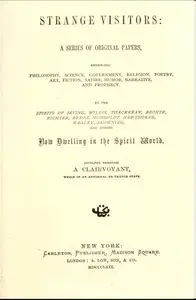"The Ethics of Hercules" by Robert Chenault Givler is a philosophical treatise written in the early 20th century. The work explores the relationship between human physiology and ethics, arguing that the understanding of ethical values is contingent upon the mechanics of the human body. Givler posits that ethical values arise from bodily functions and actions, positioning the study of ethics as an empirical science rooted in human biology. At the start of the book, Givler outlines his intention to establish a mechanistic approach to ethics that challenges traditional views. He emphasizes that ethical problems are inherently human problems, to be examined through the lens of physiological mechanisms rather than abstract ideals. Givler draws a distinction between the figure of Hercules, representing strength and perseverance in facing ethical challenges, and entities like Cinderella, embodying a passive and escapist approach to life. He expresses a commitment to revealing fundamental truths in ethical thought, which he believes have been obscured by longstanding metaphysical and moral traditions. The author asserts that natural science can illuminate our understanding of ethics, inviting readers to reconsider their preconceived notions about the nature of good and evil. (This is an automatically generated summary.)

The ethics of Hercules : $b A study of man's body as the sole determinant of ethical values
By Robert Chenault Givler
"The Ethics of Hercules" by Robert Chenault Givler is a philosophical treatise written in the early 20th century. The work explores the relationship b...
Genres
Released
2023-04-29
Formats
epub (images)
epub
epub3 (images)
mobi (images)
Free Download
Overview
About the Author
Information on this author is scarce, but their work continues to inspire readers.
Total Reviews
10.0k
Total reviews from Goodreads may change













